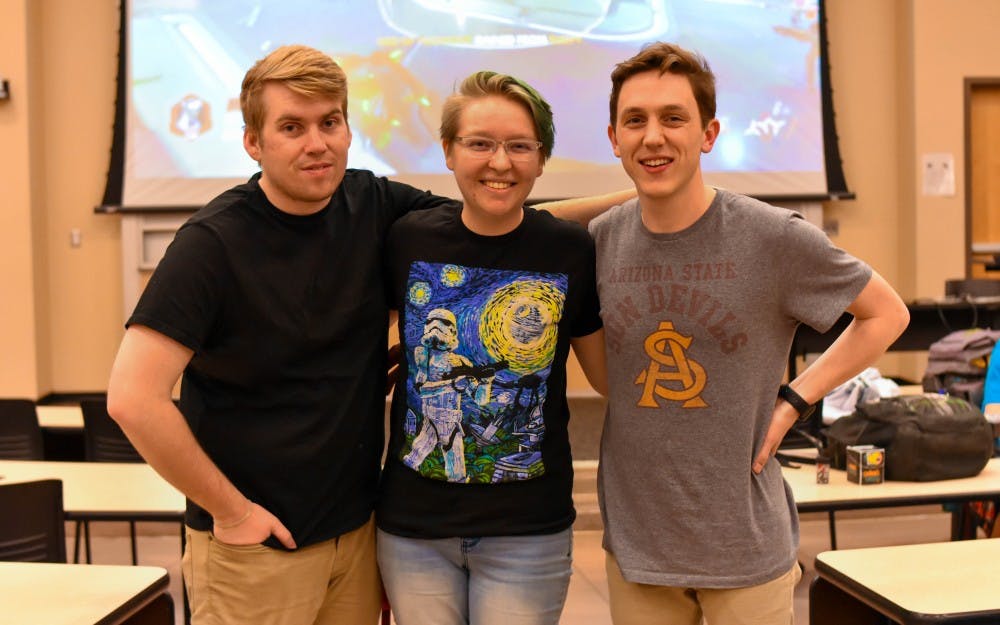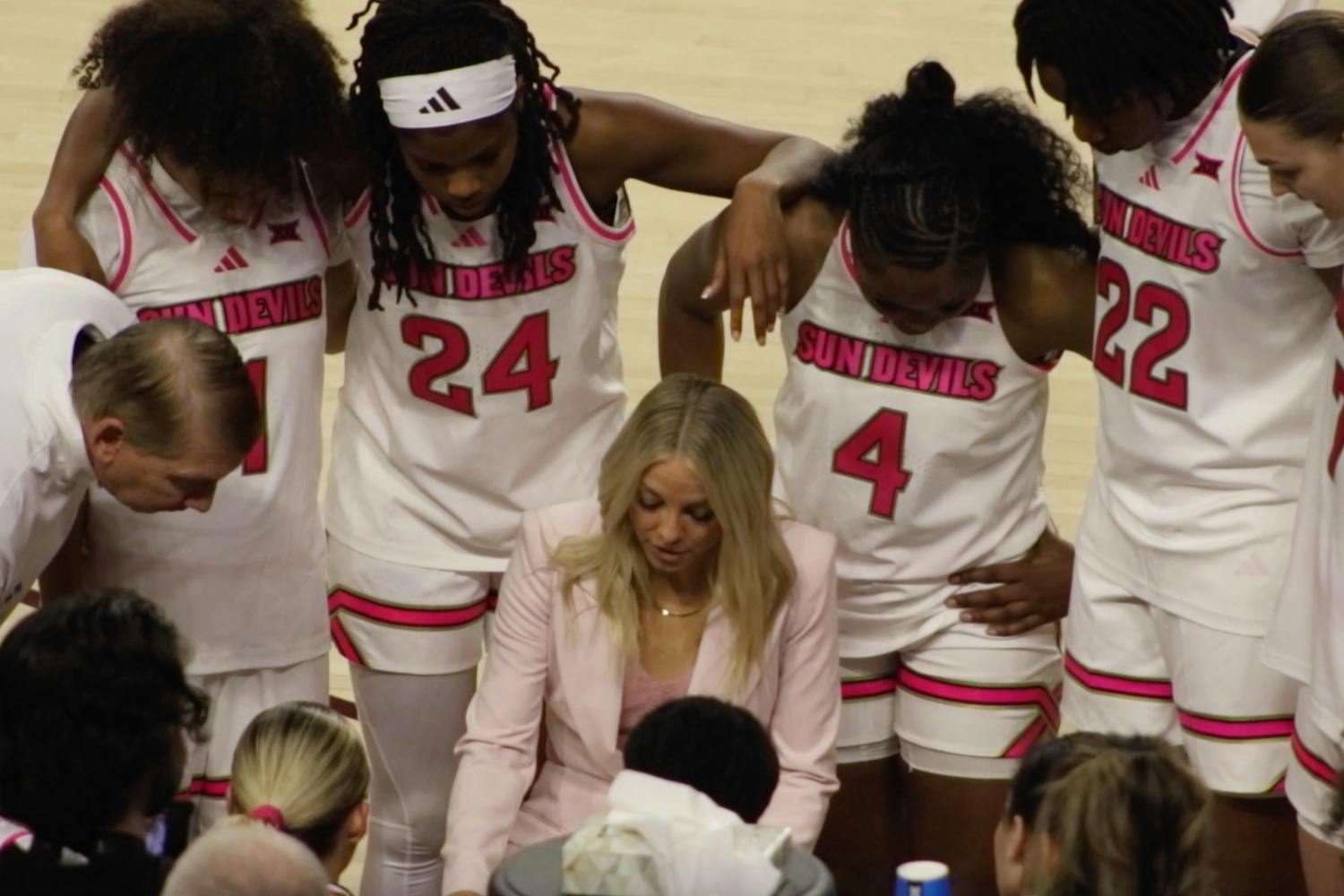ASU will face off against the UA on Feb. 17 — not in a game of football or basketball, but in the virtual world of Overwatch.
Through its Tespa collegiate esports division, Blizzard Entertainment has partnered with the Fiesta Bowl organization to host esports matches for the first time in the bowl's 47-year history.
Overwatch is an objective-based video game that requires a team of six players to defend positions on a map from an opposing team or escort packages while the opposing team tries to stop them.
More than 300 teams participated in the Tespa Collegiate Series throughout the fall semester leading up to the championship. The two Arizona teams will battle in an exhibition match before the Fiesta Bowl Overwatch Collegiate National Championship takes place at ASU.
The University of California, Irvine will play University of California, San Diego, while the University of Toronto will face off against defending champion University of California, Berkeley.
The winners of each match will then face each other for the championship. Each of the players on the winning team will receive $7,000 in scholarships.
Michael Carlton, a senior studying public service and a member of the ASU eSports Association, said it's important for schools to start investing in esports because it allows students to pursue their aspirations while earning a diploma.
Carlton said that because esports players are not offered the same schoarship options as traditional athletes, it leaves those who want to pursue esports with limited options.
"For esports you're pretty much rolling the dice, and that can be scary for someone who wants to pursue esports," he said.
Luc McConnell, a sophomore studying biological sciences and a member of the ASU eSports Association, said competing in esports takes just as much effort and dedication as any other sport.
Bushnell's Law of Game Design, which is often quoted in the gaming community, states that “the best games are the ones that are easy to learn but difficult to master."
“I’ve put more than 800 hours into Overwatch, and I’m still not as good as some of the other players,” McConnell said. “Yes it's fun, but it takes a lot of time and dedication.”
McConnell said that whether it's perfecting the timing for a combo in a fighting game or learning to work as a team in Overwatch, esports is just as competitive as traditional athletics.
Mike Nealy, executive director of the Fiesta Bowl, said it’s hard to compare esports to traditional sports. But he said they can serve a similar role on college campuses by attracting talent.
“These are smart and talented people," Nealy said. "I think more schools are going to start offering scholarships for esports and customizing programs to attract these kinds of students. It's competition, it’s been growing exponentially recently and I think it’s here to stay.”
As of October 2017, Overwatch has reported more than 35 million players and counting. According to Nasdaq, the video game industry has grown so large that it earns more than the film and music industries combined.
Lucas Selman, an industrial engineering junior and a member of the ASU eSports Association, said there are a few hurdles for esports before they become as mainstream as traditional sports.
One of those challenges is better enforcing a code of conduct for players. On Jan. 24, Joon-yeong Park, better know by the name Profit, flipped off a camera without realizing he was streaming live online. The Overwatch League fined Park $2,000.
The Overwatch League also suspended and fined Felix Lengyel, also known as xQc, $2,000 for directing a homophobic slur to an openly gay player while streaming.
Additionally, while the Overwatch League and other leagues require players to be 18 or older and other leagues are following suit, a large number of esports players are still minors.
Selman said their managers need to do a better job of helping these players manage their newfound celebrity status and wealth as the industry continues to grow.
"They're not going away. There will always be new games and fresh updates," Selman said.
Correction: A previous version of this story incorrectly identified the tournament's defending champion. The story has been updated to reflect that the defending champion is the University of California, Berkeley.
Reach the reporter at jicazare@asu.edu or follow @sonic_429 on Twitter.
Like State Press on Facebook and follow @statepress on Twitter.




